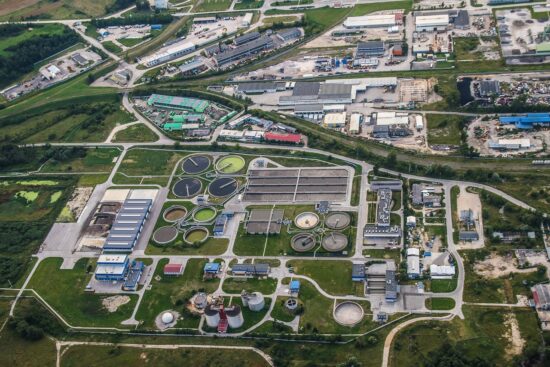Contribution of wastewater to Antimicrobial Resistance- A Review article
Antimicrobial resistance (AMR) is a global challenge that has raised concern globally due to its detrimental effects on the health and economy of countries. The ever-growing threat of AMR and sources of AMR are still being investigated. Wastewater plays an important role as a habitat for bacteria and an environment conducive to gene transfer.
Wastewater from agricultural practices, pharmaceutical manufacturing plants, and hospital effluents was established to promote AMR. Furthermore, stress factors such as the presence of antibiotics, heavy metals, pH, and temperature initiate and propagate AMR in bacteria living in wastewater. AMR in bacteria from wastewater was established to be either natural or acquired. Wastewater treatment techniques such as membrane filtration, coagulation, adsorption, and advanced oxidation processes have been used to remove resistant bacteria with varying success levels as shown in section 3.0.
AMR NEWS
Your Biweekly Source for Global AMR Insights!
Stay informed with the essential newsletter that brings together all the latest One Health news on antimicrobial resistance. Delivered straight to your inbox every two weeks, AMR NEWS provides a curated selection of international insights, key publications, and the latest updates in the fight against AMR.
Don’t miss out on staying ahead in the global AMR movement—subscribe now!







